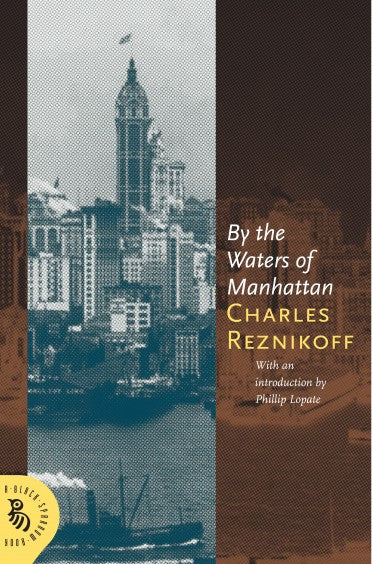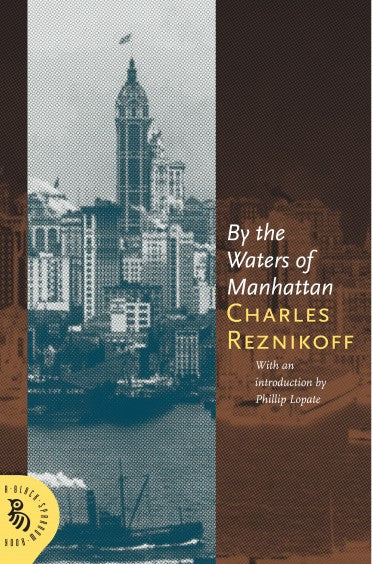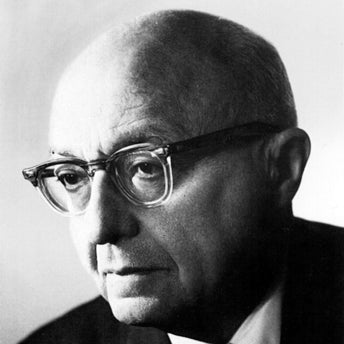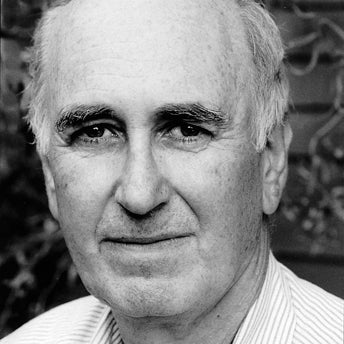
By the Waters of Manhattan was Charles Reznikoff's first novel, published in 1930 by Charles Boni in New York. Part family saga, part bildungsroman, and part unrequited love story, the novel follows the lives of a Jewish family at the turn of the century from Elizavetgrad, Russia, to Brownsville, Brooklyn, birthplace of the novel's protagonist, Ezekiel, a young poet in search of ways to feed his stomach and his soul. Like Walt Whitman, Hart Crane, and Henry Roth, Reznikoff's subject is as much the great island of Manhattan, as it is its inhabitants.
"The title By the Water of Manhattan identifies Reznikoff just as the title Leaves of Grass (which remained the same over the years while the contents of the book grew and changed) identifies Walt Whitman. Both Whitman and Reznikoff are singers and chroniclers of the American island, the name of which derives from the language (Manna-hatta) of its aboriginal inhabitants. Reznikoff's title also includes an allusion to the waters of Babylon beside which the prophet sat down and wept. The American Jew, who had been born in Brooklyn in 1894 and whose parents had emigrated from Czarist Russia some years before that date, evidently felt, like the hero of one of the novels of George Gissing, that he had been 'born in exile'. But the reader should not, on this account, be expecting a tearful immigrant narrative, for if Reznikoff was a student of the Bible he was also a student of another student of the Bible, the philosopher Spinoza. From this stoic master, he had learned neither to laugh nor cry but to try to understand." —Milton Hindus
Happily, Black Sparrow has reprinted this remarkable novel, which could be read as a one sitting page-turner, or as the text for a semester-long course on the immigrant experience . . . Readers familiar with Reznikoff 's poetry will recognize his alter ego's struggles with the world of publishing; readers curious about the immigrant experience will add this classic to their shelves alongside Yezierska's novels and other great chronicles of the making of America. —Jewish Book World
Charles Reznikoff (1894-1976) writes prose like a poet, indeed he is one, with his rock-hard choice of words styled into deceptively simple sentences. Deceptive because when juxtaposed, each sentence accelerating into the next, they relay condensed lives, jammed with emotion, kin, and striving. Lopate's tender and eloquent introduction sets the record straight for this under-acknowledged literary master: '...the shocks of fortune laid out and the aftershocks allowed to register in the reader's mind, with no attempt to milk emotion. —Betsy Sussler, BOMB Magazine, 2009
I am thrilled with it. This book has so much in it that marks Reznikoff as a first-rate artist. —William Carlos Williams
Mr. Reznikoff's work is remarkable and original in American literature. . . . He has written the first story of the Jewish immigrant that is not false. —Lionel Trilling


